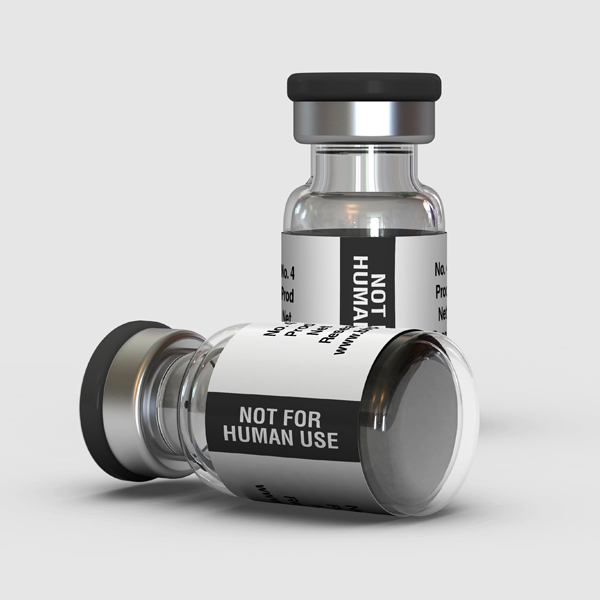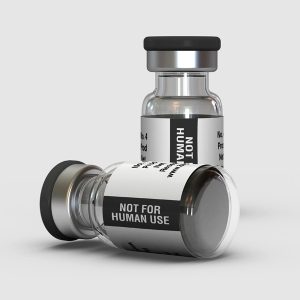Description
Molecular formula: C62H98N16O22
Molecular weight: 1419.53552 Daltons
Purity: >99%
Sequence: L-Valine, glycyl-L-alpha-glutamyl-L-prolyl-L-prolyl-L-prolylglycyl-L-lysyl-L-prolyl-L-alanyl-L-alpha-aspartyl-L-alpha-aspartyl-L-alanylglycyl-L-leucyl-; glycyl-L-alpha-glutamyl-L-prolyl-L-prolyl-L-prolylglycyllysyl-L-prolyl-L-alanyl-L-alpha-aspartyl-L-alpha-aspartyl-L-alanylglycyl-L-leucyl-L-valine
BPC 157 is pentaecapeptide that consists of 15 amino acids. The empirical formula of BPC 157 is C62H98N16O22 and molecular mass is 1419.53552. BPC 157 is also known as Booly Protection Compound 15 and BPC-15. The molecule exhibit potent anti-inflammatory properties against acute and chronic inflammation. There are many useful uses of BPC 157. Some of them are
- In clinical studies, BPC 157 significantly facilitated healing of bone fractures in experimental animals. BPC 157 exhibits osteogenic effects by improving the segmental bone defect healing. BPC 157 rapidly heals transected Achilles tendon and quadriceps muscles in experimental animals.
- BPC 157 is vital for regulation of digestive tract functions. The peptide is widely distributed in the intestine, esophagus and stomach. BPC 157 protects the endothelium, promotes wound healing and angiogenesis.
- BPC 157 significantly reduces symptoms of inflammatory bowel disease, ulcerative colitis and other inflammatory disease of the colon.
- In scientific studies, BPC 157 suppressed symptoms of esophagitis and associated symptoms. BPC 157 reduces gingivitis, periodontitis and extravasation in gingiviomucosal tissue. BPC 157 lowers alveolar bone resorption by modulating calcium release from bone.
- FITC-phallodin staining indicated that BPC 157 induces the production of F-actin, which is responsible for fibroblast formation. Western blot indicated that the polypeptide increases the rate of phosphorylation of FAK proteins and paxillin .
- Trials indicate that BPC 157 can prevent stomach ulcers as well as healing the formation of the colitis. Moreover, there is research undergoing to determine the effectiveness of the polypeptide in treating liver damage from excessive exposure of alcohol.

